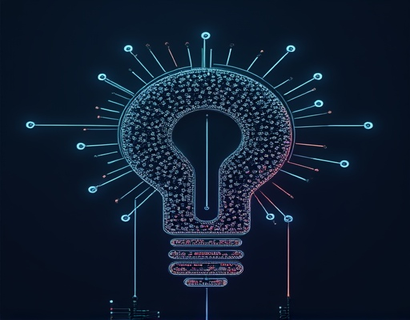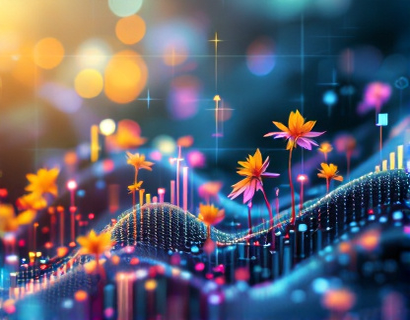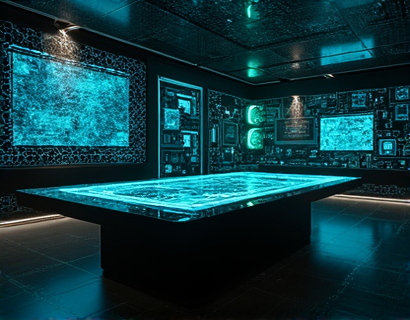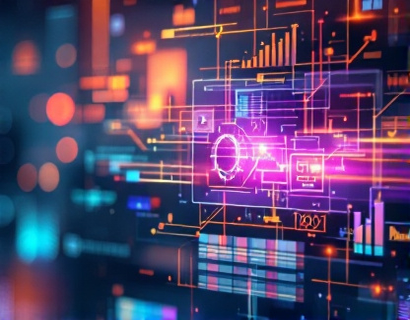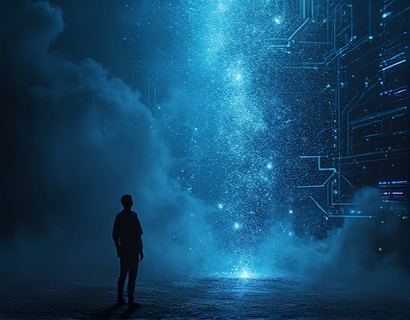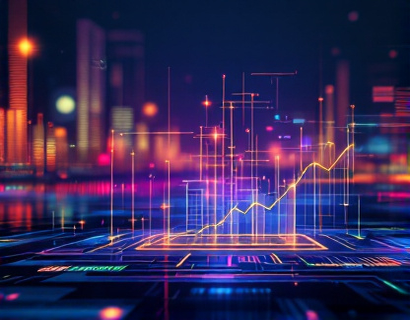Unlocking Musical Potential: Harnessing AI for Advanced Composition and Production
The integration of Artificial Intelligence in music creation has opened new horizons for artists, producers, and composers worldwide. This technological advancement offers a powerful toolset that streamlines the creative process, enhancing both the quality and efficiency of music production. By leveraging AI, musicians can transform their ideas into polished, professional tracks with unprecedented ease. This article delves into the ways AI is revolutionizing music composition and production, providing insights into the tools and techniques that are shaping the future of music creation.
The Evolution of Music Production
Music production has undergone significant changes over the decades, from the early days of analog recording to the digital revolution that transformed the industry. The introduction of digital audio workstations (DAWs) marked a pivotal shift, allowing artists to compose, record, and produce music entirely on computers. However, the process remained labor-intensive, requiring extensive knowledge of music theory, recording techniques, and post-production skills. The advent of AI in music production has further simplified this process, making high-quality music creation accessible to a broader audience.
AI in Music Composition
AI-powered composition tools have become increasingly sophisticated, capable of generating melodies, harmonies, and even entire tracks based on input parameters. These tools analyze vast datasets of musical compositions to understand patterns, styles, and structures. By learning from this data, AI can create new music that resonates with listeners while offering unique and innovative elements. For composers, this means having a reliable partner that can assist in overcoming creative blocks or exploring new musical territories.
One of the key benefits of AI in composition is its ability to provide instant feedback and suggestions. For instance, an AI tool can analyze a partially completed melody and propose variations or extensions that maintain the original's essence while adding fresh elements. This interactive process not only speeds up the composition process but also enriches the final product with diverse musical ideas.
Enhancing Sound Quality with AI
Sound quality is a critical aspect of music production, and AI has significantly improved this area as well. Advanced algorithms can optimize audio mixing and mastering, ensuring that tracks sound professional and balanced across various playback systems. AI-driven tools can analyze the frequency spectrum, dynamics, and stereo imaging of a mix, making real-time adjustments to enhance clarity, depth, and overall listenability.
Moreover, AI can simulate different recording environments and equipment, allowing producers to experiment with various sonic textures without the need for expensive hardware. This flexibility is particularly beneficial for independent artists and producers who may not have access to top-notch studios. By leveraging AI, they can achieve studio-quality sound right from their home studios.
Intuitive User Interfaces and Accessibility
One of the most significant advantages of AI in music production is the user-friendly interfaces of these tools. Unlike traditional DAWs, which often require extensive training and technical knowledge, AI-powered platforms are designed to be intuitive and accessible. Beginners can quickly learn to use these tools, while experienced musicians can leverage them to enhance their workflow and creativity.
These platforms typically feature drag-and-drop interfaces, pre-set templates, and guided tutorials that make the learning curve minimal. This accessibility has democratized music production, enabling a new generation of creators to enter the field and contribute their unique perspectives to the music landscape.
Collaboration and Community
AI in music production has also facilitated greater collaboration and community building. Online platforms that integrate AI tools allow musicians from different parts of the world to collaborate in real-time, breaking down geographical barriers. This global connectivity fosters a rich exchange of ideas and styles, leading to more diverse and innovative music.
Furthermore, AI-powered forums and communities provide a space for artists to share their work, receive feedback, and learn from one another. These communities serve as valuable resources for both new and established creators, offering support and inspiration as they navigate the ever-evolving world of music production.
Case Studies and Success Stories
Several notable artists and producers have already embraced AI in their creative processes, achieving remarkable results. For example, a pop artist used an AI tool to generate a catchy hook for a new single, which went on to top the charts. Another producer utilized AI to create a unique soundscape for a film score, receiving praise for its originality and emotional depth.
These success stories highlight the potential of AI to augment human creativity rather than replace it. By serving as a collaborative partner, AI helps artists push the boundaries of what is possible in music creation, leading to groundbreaking works that resonate with audiences worldwide.
Challenges and Considerations
While the benefits of AI in music production are undeniable, there are also challenges and considerations to keep in mind. One of the primary concerns is the potential loss of the human touch in music. Critics argue that over-reliance on AI could lead to homogenized sounds and a lack of emotional depth. However, this can be mitigated by using AI as a tool rather than a replacement for human creativity.
Another consideration is the ethical use of AI-generated content. Issues such as copyright infringement and the proper attribution of AI-assisted work need to be addressed to ensure fair practices in the industry. As AI continues to evolve, it is crucial for creators and platforms to establish clear guidelines and standards.
Future Prospects
The future of AI in music production looks promising, with ongoing advancements expected to further enhance the creative process. Machine learning algorithms are becoming more sophisticated, capable of understanding complex musical concepts and generating higher-quality content. The integration of natural language processing (NLP) could even allow artists to compose music using verbal commands, making the process even more intuitive.
Additionally, the combination of AI with other emerging technologies, such as virtual reality (VR) and augmented reality (AR), could open new dimensions in music experience. Imagine attending a virtual concert where AI-generated visuals and environments respond in real-time to the music, creating an immersive and interactive experience for the audience.
Conclusion
AI has the potential to revolutionize music composition and production, offering tools that streamline the creative process, enhance sound quality, and foster collaboration. By embracing these technologies, musicians can unlock new levels of creativity and produce music that resonates with a global audience. As the field continues to evolve, it is essential for artists to stay informed and adapt to the changing landscape, ensuring they can fully leverage the power of AI to achieve their musical goals.



